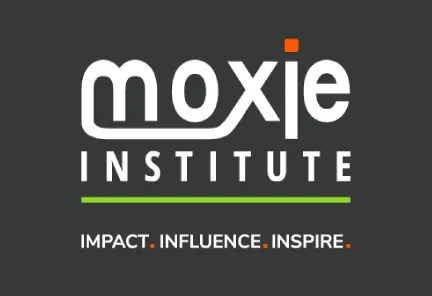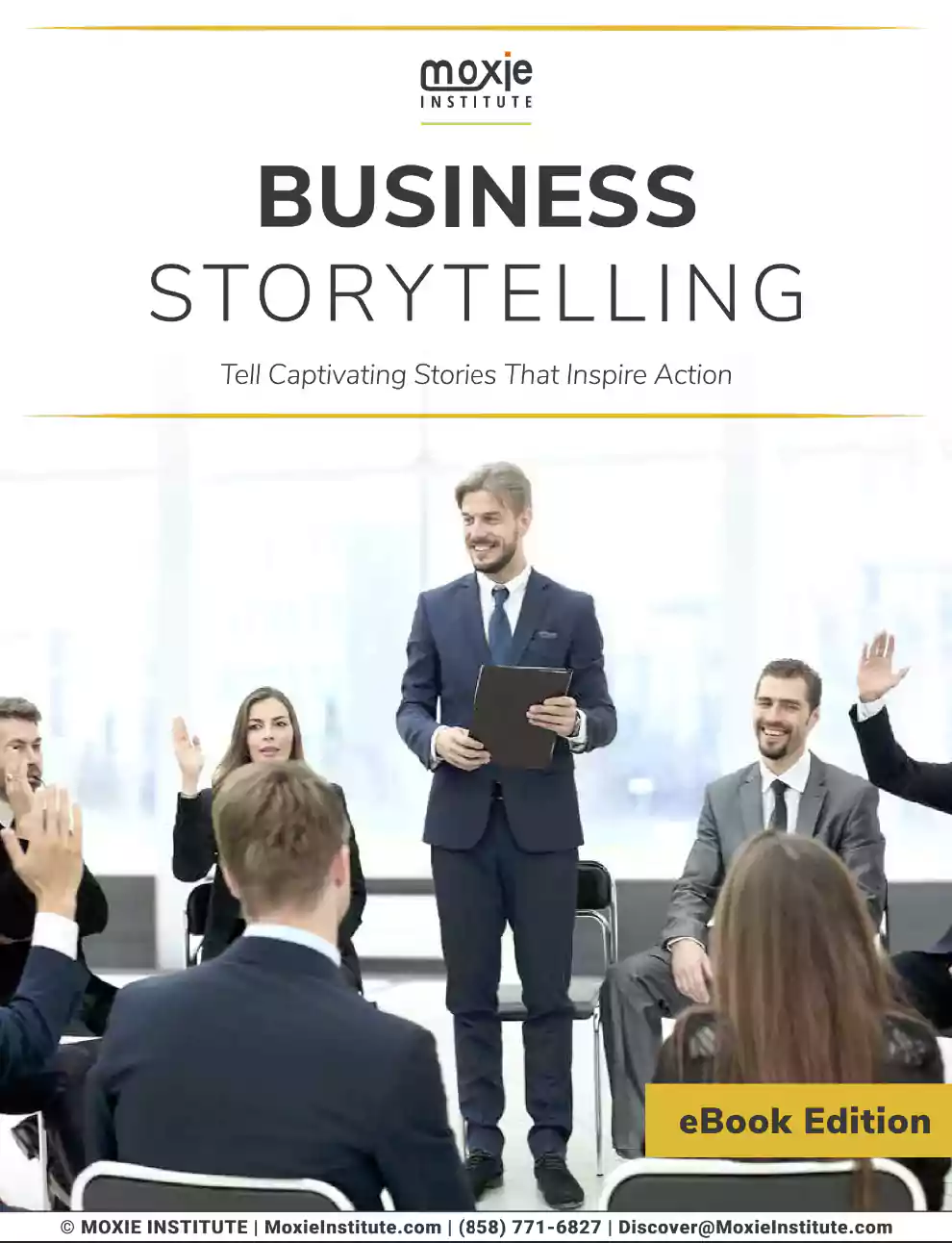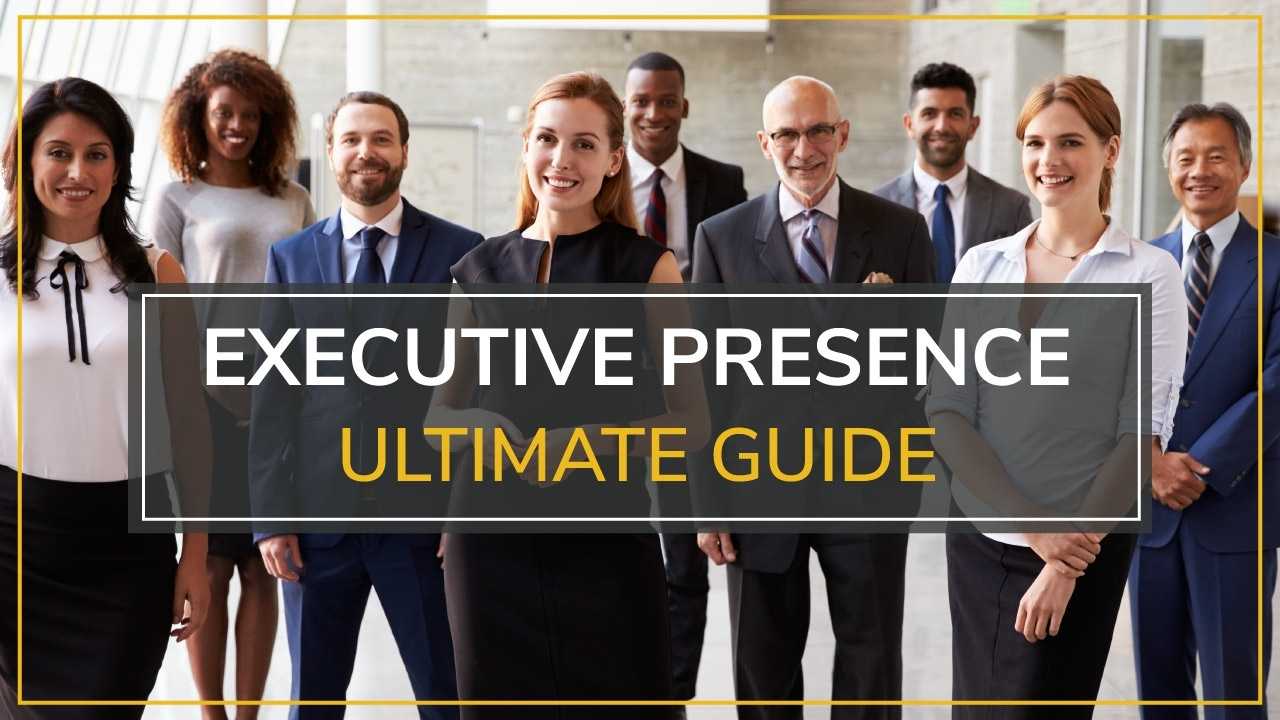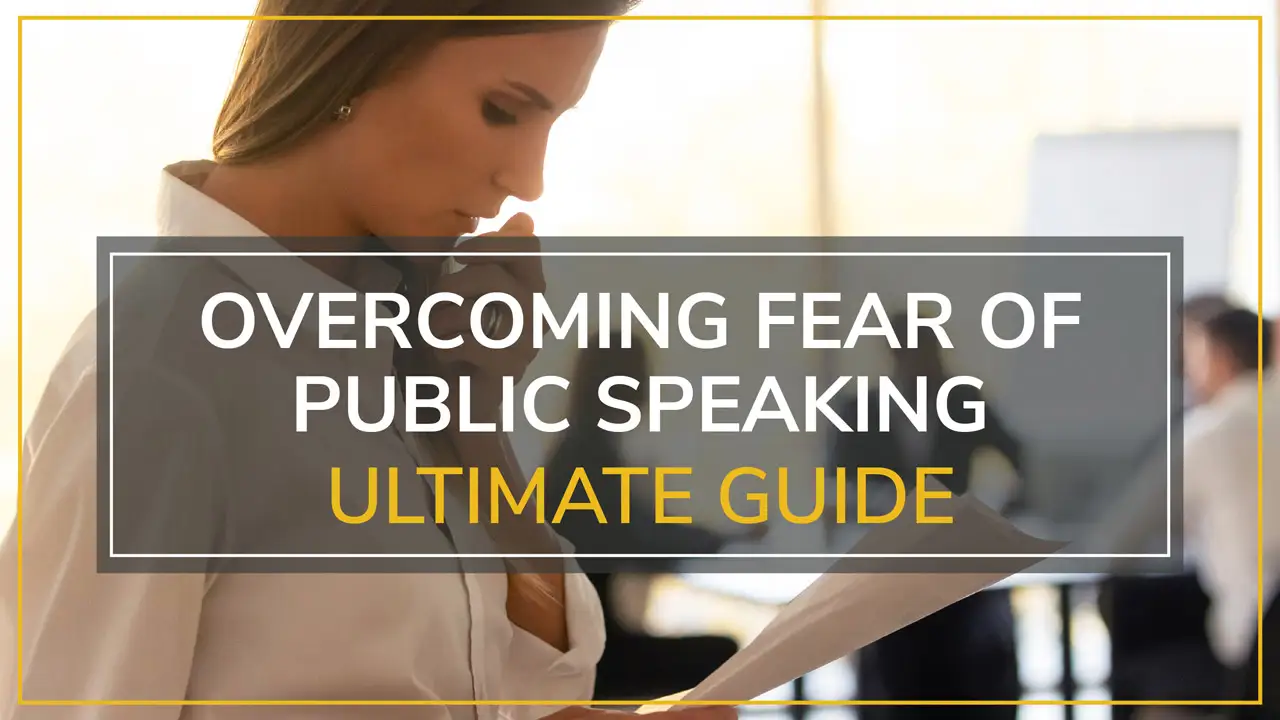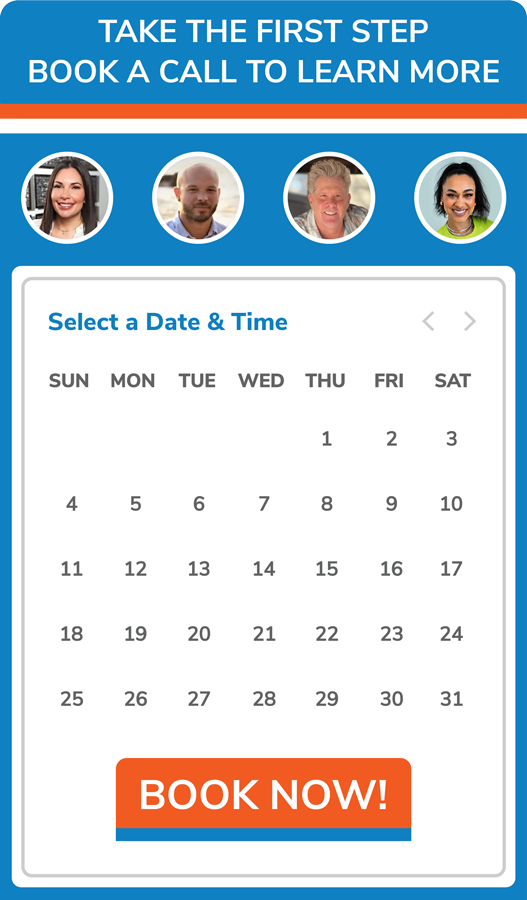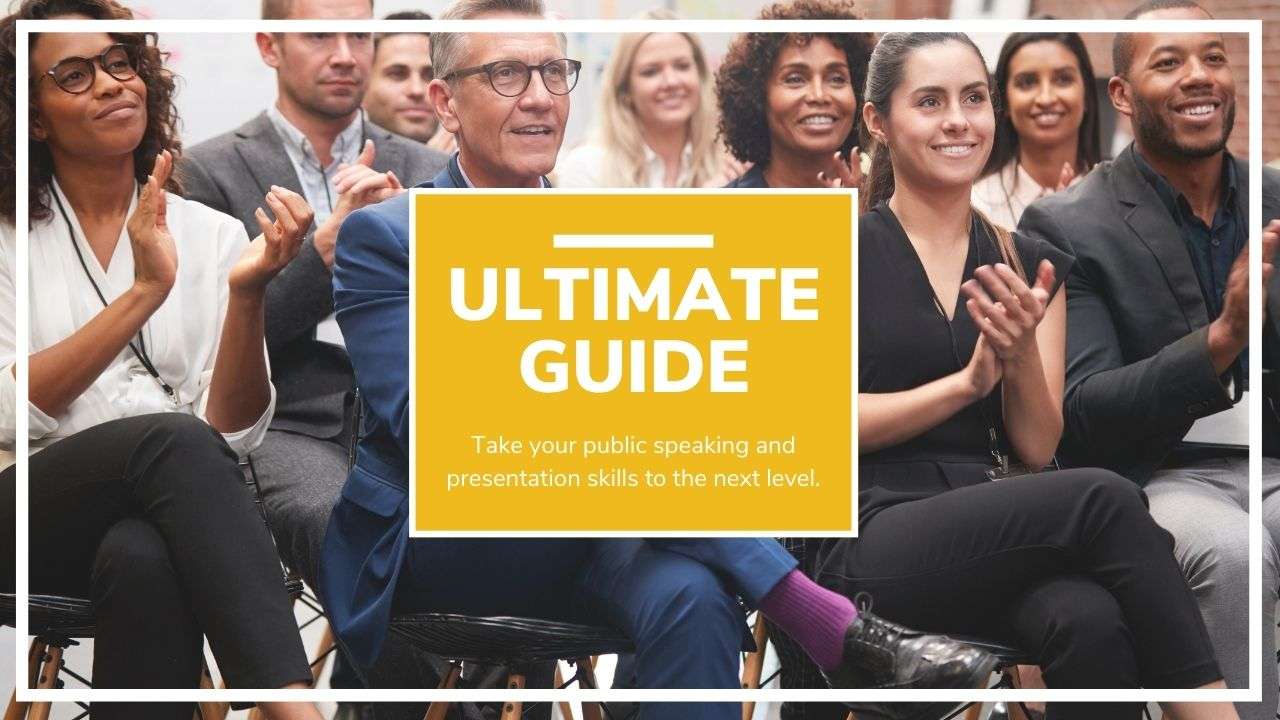Elite public speakers know that presentations don’t start on the stage… they start on paper.
What’s the blueprint for an amazing talk? You probably already know some basics, like setting up an outline, earning the audience’s attention, and closing with a powerful finish.
As it turns out, this wisdom is anything but new; most of what we know about public speaking today dates back to the Ancient Greeks! The secrets of persuasion have been passed down for two millennia now, and they’re just as effective today as they were in Plato’s time. So let’s put them to use!
Here are three keys from Aristotle’s On Rhetoric, along with a bonus secret that even Aristotle didn’t know. Once you mastered these, I guarantee your presentations will be unforgettable.
ETHOS — ESTABLISHING CREDIBILITY
Aristotle found that whenever we want to persuade an audience, we’ve got to have three elements in place: ethos, pathos, and logos.
Ethos answers the question: “why should the audience be listening to this speech?”
Build credibility at the outset by explaining your authority on your subject. Does it come from your job title? Your experience? Your backstory? Your research? Credentials should follow an opening that immediately engages your audience to eliminate doubts about why your voice should be heard.
Connect then lead.
PATHOS — ENGAGING EMOTIONS
Don’t speak like Spock. Address your audience’s emotions.
We lead textured emotional lives: we laugh, we cry, we bristle at injustice, we crave nachos. Your words should engage that entire emotional range.
Just remember: authenticity is nowhere more essential than with emotional appeals. The only feeling stirred by canned jokes and insincere stories is awkwardness.
LOGOS — EXPLAINING WITH CLARITY
We get our word “logic” from the Greek logos. The logic of your speech is what holds it together.
These days we don’t usually think of speeches as having a logic, but they do! In a well-designed speech, the structure is obvious; each point builds on the last; the evidence is rigorous; charity is shown to critics.
Logos is consistently the weakest element in the speeches we hear today, but it needn’t be. Carefully consider the structure and support for your message, and you’ll lock in the power of logos.
NARRATIVE — YOUR TALE
Aristotle didn’t emphasize narrative, but modern rhetoricians–and we at the Moxie Institute–have found that it’s essential to connect with an audience. “Narrative” might sound intimidating, but this secret is simple: it’s story.
In his book TED Talks: The Official TED Guide to Public Speaking, Chris Anderson writes…
“One of the biggest reasons we turn down applications to speak at TED is when we’re offered compelling anecdotes but no central idea that wraps the narrative together.”
That matches our experience at Moxie. All talks–especially at TED–demand clear storylines, and everyone notices when they’re gone.
Why? Because we all love a good story, and because good stories are drawn from the heart. A good story is the sort that can be woven into ethos, pathos, and logos themselves: a narrative that establishes authority, captures the imagination, and illuminates your logic.
Like Anderson, we’ve found that compelling presentations need good stories. Narratives aren’t second-class citizens to the classical features Aristotle described–they’re the glue that binds the whole presentation together.
So as you start assembling your next talk, make sure it’s strong on all three of Aristotle’s elements–credibility, emotional connection, and logic–and tie it all together with a powerful story.
Do that, and speaking success is sure to follow.
